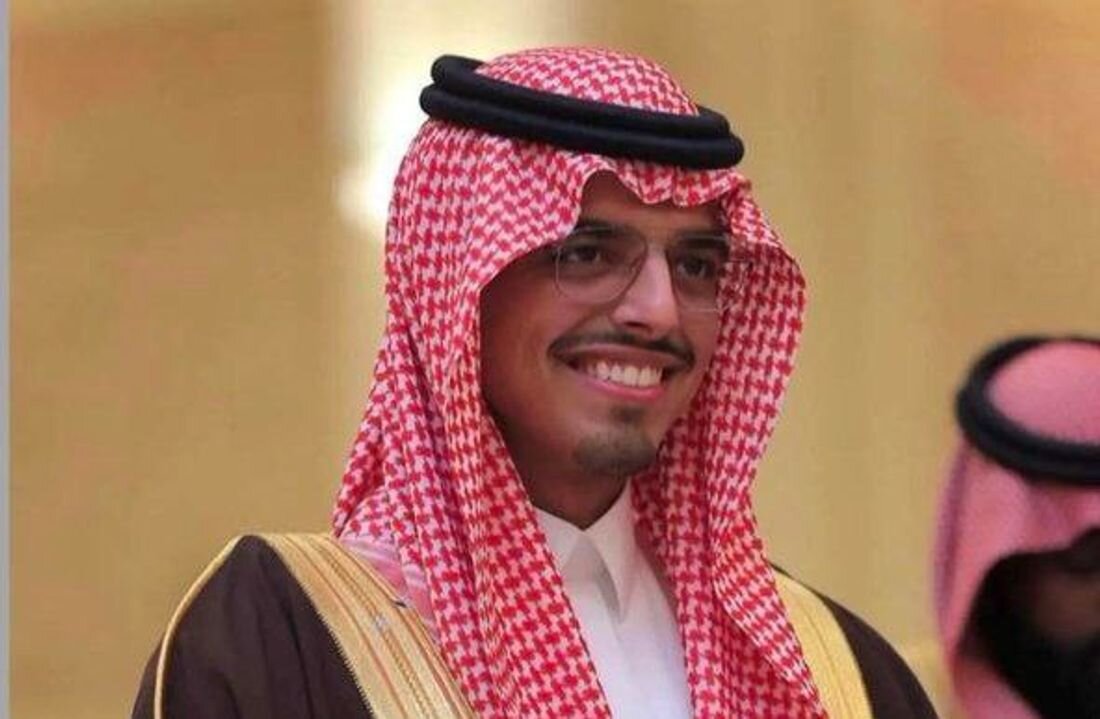Bin Farhan precedes Barrack to Beirut to stir up Sunnis in pressure campaign against Hezbollah

BEIRUT— Not to mention the progress of U.S. envoy Thomas Barrack’s proposal aimed at disarming Hezbollah, it goes without saying that in the coming weeks, Lebanon will be automatically affected by the Gaza negotiations and leaks about Syria’s intention to normalize relations with Israel.
While consultations between the President of the Republic, Prime Minister, and Speaker of the Parliament - Joseph Aoun, Nawaf Salam, and Nabih Berri - intensify, Saudi envoy Prince Yazid bin Farhan arrived in Beirut on Wednesday on an unannounced visit to continue pressuring Hezbollah.
Informed sources revealed that the heads of the three branches of government believe Barrack’s proposal fully favors Israel, hence, they are seeking to establish a formula that will not drag Lebanon into chaos, which in itself is Israel’s best wish.
Reportedly, Barrack’s step-for-step move is pushing Lebanon to force Hezbollah to evacuate a large area between the Litani River and the Awali River (the Resistance’s rear base) as well as Greater Beirut, the southern suburbs of Beirut, and the districts of Mount Lebanon.
Lebanese officials are also seeking to formulate a response that does not—as Barrack hinted—lead to a military escalation amid leaks that Israel is preparing a major operation in Lebanon to complete the destruction of Hezbollah facilities.
This was also hinted at by the French ambassador to Beirut, Hervé Magro. Hezbollah MP Ibrahim al-Moussawi responded to him that Resolution 1701 specifically addresses the south of the river and that Hezbollah has not violated it and has implemented its provisions, while Israel continues its attacks.
In an interview with the New York Times, Barrack stated that the ceasefire between Lebanon and Israel was a “complete failure,” noting that disarming Hezbollah would require a carrot strategy.
Barrack proposed that this would require the Lebanese army to raid homes, warning that this step could face pushback from the Shiite community, who have long viewed Hezbollah as their best defender both against marginalization within Lebanon and against aggression from Israel.
Barrack revealed that Washington is seeking financial support from Saudi Arabia and Qatar to rebuild areas affected by the war, claiming that “if the Shiites of Lebanon are getting something from this, they will cooperate with it.”
Bin Farhan’s visit coincided with a meeting of the five-member committee concerned with the Lebanese file (the U.S., France, Saudi Arabia, Qatar, and Egypt), which had frozen its meetings since before the election of the president. This comes amid Washington’s clear threat that Lebanon must disarm Hezbollah within a timetable not exceeding two months, and that this mechanism must be approved within the cabinet.
Analysts believe that the primary goal of bin Farhan’s visit was to arouse the pro–resistance Sunni figures to be part of the siege on Hezbollah as he held meetings with some of them to promote the narrative that the Shebaa Farms are not Lebanese (although most of its residents are Sunni and possess real estate documents registered with the Sunni Endowment in Lebanon).
Besides, this coincides with a visit arranged by Riyadh by Sunni mufti Abdul Latif Derian to Syria.
Barrack also revealed to the New York Times that Washington seriously objects to the Lebanese government’s ineffective approach toward Hezbollah, which could expose it to new sanctions as well as the suspension of World Bank loans or grants.
Informed sources reported that Banque du Liban Governor Karim Soueid, who recently visited the U.S., was asked about the measures the bank should take to combat the cash economy and shut down Hezbollah’s banking institution, Al-Qard al-Hassan.
Leave a Comment